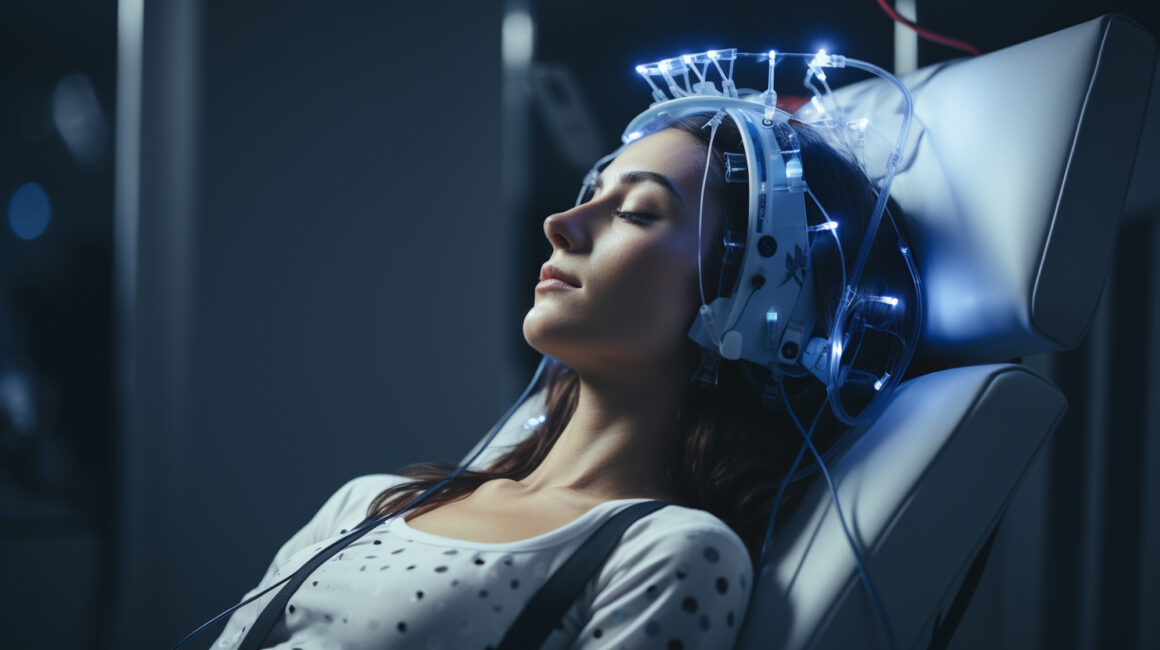It’s commonly said that those who are more creative are more prone to depression. While it’s often thought that the link between creatives and depression is found in the loneliness of their work, science has found it to be related to the way creative brains work in total. It’s nothing to do with a creative’s job, but the way their brain works.
Neurologist Nancy Andreasen, the author of The Creative Brain, explains that creative’s brains react differently to their environment than others. Creatives live in a more complex inner world filled with more questions than answers, and there’s simply more gray than just black and white.
“This flexibility permits them to perceive things in a fresh and novel way, which is an important basis for creativity. But it also means that their inner world is complex, ambiguous, and filled with shades of gray rather than black and white. It is a world filled with many questions and few easy answers. While less creative people quickly respond to situations based on what they have been told by people in authority — parents, teachers, pastors, rabbis, or priests — the creative person lives in a more fluid and nebulous world.”
Since creatives react in a different way to the environment around them, they tend to analyze and question more than non-creatives. These traits of introverts can easily lead to isolation and social withdrawal, which can then develop into depression.
That being said, another potential reason behind this link is creatives tend to reflect their thoughts more than non-creatives. Creatives are constantly revisiting old memories to capture and tune into the feelings that went along with those memories in order for them to create art. This is called rumination, which many psychologists tend to agree that those who ruminate on their thoughts are prone to experience more amplified depression.
Of course, not only creatives tend to overthink and ruminate on their thoughts.
Anyone can suddenly go into a period of self-reflection on thoughts from a previous moment or memory. But, for creatives, this period of time seems to be longer and more intensified, because they have a desire to keep thinking about it.
Essentially, being depressed doesn’t make you creative, it’s the other way around: Having a creative brain makes you more prone to depression.
This is a big myth for people. It’s assumed being depressed makes you more creative, so it’s often that people think it’s normal for creatives to be severely depressed because that’s how they’re creative. So, people say things like “I wish I could get depressed, maybe then I’ll be more creative.”
This is where it leads into the myth that taking antidepressants to help your depression if you’re a depressed creative, that medication will dwindle your creativity by a large margin.
Since depression doesn’t cause creativity but creativity causes depression, taking antidepressants won’t, in theory, completely kill your creativity. Your mind will still be a creative mind.
A lot of depressed creatives throughout forums claim antidepressants actually clear their thoughts and allows them to be more creative. Apparently, the antidepressants clears the fogginess and procrastination, allowing them to do more creative things and at a better quality.
Then again, a lot of forums across the internet will claim the complete opposite: antidepressants caused them to become emotionally flattened, numbed to all emotion, causing their creativity to completely stop. This could possibly be a result of too much serotonin.
There are cases where antidepressants do in fact make it worse, though. People say this is because you haven’t found the right antidepressant type for you. Some are known to drain you or increase the depression. It’s all about trying different types and finding a brand and dosage that works right for you specifically.
Why it’s dangerous to romanticize
It becomes dangerous to romanticize this link because it’s spreading the myth that creatives are meant to suffer from depression. Van Gogh is a prime example of a tortured creative. Many people think he was so creative because he was depressed, not that his creative mind drove him to insanity.
Recently, a ‘poetic piece’ has been going around about Van Gogh eating yellow paint to become happy. People romanticize this to make it seem to be something beautiful, when in reality Van Gogh was eating paint and paint thinner because he wanted to die and he knew it was toxic.

In short, depression doesn’t make you creative. Creative minds are just more prone to depression because of the way they work, think and react to environment and situations. Creative’s jobs aren’t the source of their depression, it’s the way their brain works.
Antidepressants won’t kill your creative side, and creativity can stand alone without depression. Often times it isn’t medication that kills creativity, it’s depression that kills creativity.
If you’re depressed, please know it isn’t weak of you to reach out for help.
National Suicide Prevention Hotline 1-800-273-8255




